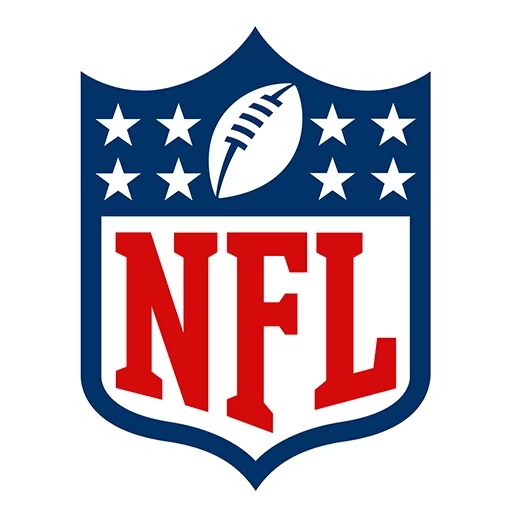
Isaiah Rodgers shares fan abuse online after Vikings fall short against the Philadelphia Eagles
nt sparked a larger conversation about online harassment and accountability in professional sports.
The incident began after the Minnesota Vikings lost a crucial game against their division rival. As the team’s cornerback, Isaiah Rodgers had a particularly tough game, allowing several key plays that ultimately led to the team’s defeat. In the heat of the moment, a fan took to social media to express their frustration, comparing Rodgers to one of the most despised figures in history, Adolf Hitler. The tweet quickly gained traction, with many other fans piling on with cruel and derogatory comments.
Rodgers, who is no stranger to online criticism, was initially taken aback by the comparison. In an interview following the game, he expressed his disappointment in the fan’s remarks, stating that such hateful language has no place in sports or anywhere else. However, instead of lashing out or ignoring the comment, Rodgers took a different approach. He decided to reach out to the fan directly, hoping to have a constructive conversation about the impact of their words.
To his surprise, the fan responded with a heartfelt apology, admitting that they had let their emotions get the best of them. They expressed regret for their hurtful words and acknowledged the harm they had caused. Rodgers, impressed by the fan’s humility and willingness to take responsibility, accepted the apology graciously. He also took the opportunity to reflect on his own performance and vowed to do better in future games.
The exchange between Rodgers and the fan quickly went viral, with many praising Rodgers for his maturity and grace in handling the situation. It also sparked a larger conversation about the prevalence of online harassment in the sports world. Many athletes, especially those in high-profile positions like Rodgers, are often subjected to relentless criticism and abuse from fans and spectators. This toxic behavior not only affects the mental health and well-being of the athletes but also sets a dangerous precedent for how we communicate with one another online.
As the story gained traction, sports analysts and commentators weighed in on the issue, with many calling for greater accountability and consequences for those who engage in online harassment. Some suggested that teams and leagues should take a more active role in monitoring and addressing abusive behavior on social media platforms. Others argued that fans need to be held to a higher standard when it comes to their interactions with athletes, emphasizing the importance of respect and empathy in all communications.
For Rodgers, the incident served as a wake-up call to the harsh realities of being a professional athlete in the digital age. While he has always been prepared for criticism and scrutiny, he never expected to be compared to one of history’s most infamous figures. However, he also recognized the power of forgiveness and understanding in overcoming such challenges. By choosing to engage with the fan in a constructive and empathetic manner, Rodgers not only diffused a potentially volatile situation but also opened the door for meaningful dialogue and reflection.
In the days following the incident, Rodgers received an outpouring of support from fans, teammates, and fellow athletes. Many commended him for his handling of the situation and praised his commitment to holding himself accountable for his performance on the field. Rodgers, in turn, expressed gratitude for the support and vowed to continue to lead by example both on and off the field.
As the dust settled on the controversy, Rodgers emerged stronger and more resilient than ever. The incident may have been a difficult and uncomfortable experience, but it also served as a valuable lesson in compassion, forgiveness, and the power of dialogue. By choosing to confront hate with understanding, Rodgers not only defused a volatile situation but also inspired others to do the same. In a world where online harassment and abuse are all too common, Rodgers’ response serves as a beacon of hope and a reminder that kindness and empathy can prevail even in the face of adversity.
In conclusion, the story of Isaiah Rodgers and the fan’s apology is a powerful reminder of the importance of accountability, empathy, and forgiveness in the world of professional sports. It highlights the need for a culture of respect and understanding both on and off the field. While online harassment and abuse continue to be pervasive issues, stories like this one show that there is hope for change. As athletes, fans, and spectators, we all have a responsibility to treat each other with dignity and kindness, even in the midst of heated competition. Isaiah Rodgers’ response to the fan’s apology is a testament to the power of compassion and the impact that one person can have in fostering a more positive and inclusive sports community.
Source: The Times of India

























 LIVE
LIVE LIVE
LIVE


